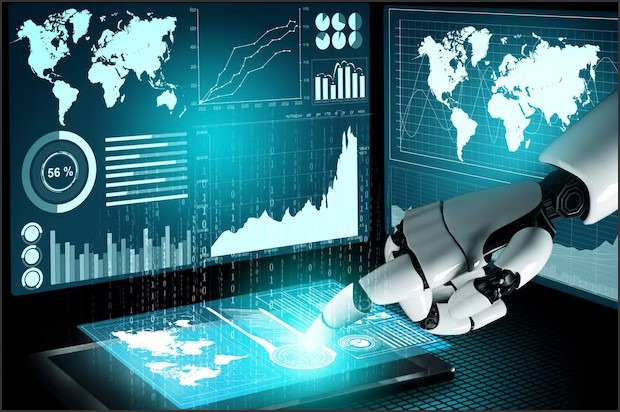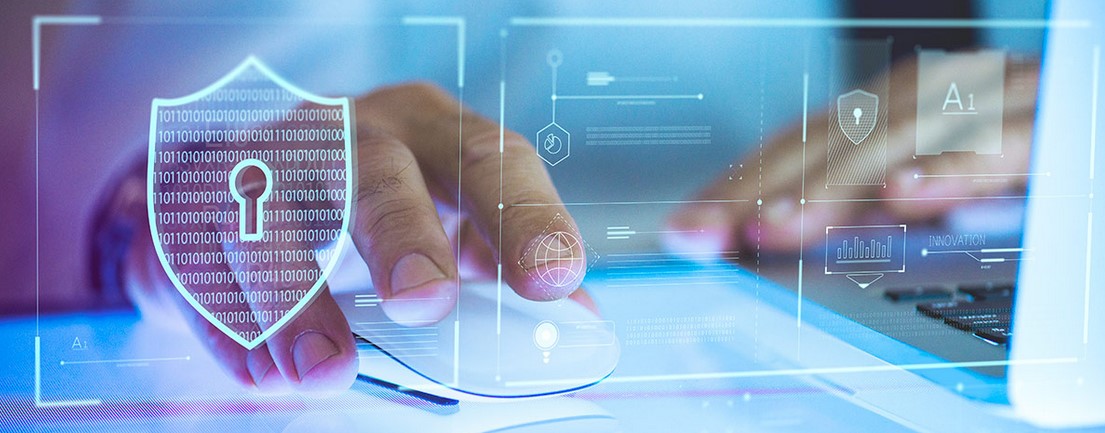
bionic ai is the future of Artificial Intelligence (AI). It is a revolutionary technology that combines the power of AI with the human brain to create a new level of intelligence. bionic ai is capable of learning, understanding, and responding to complex tasks and situations. It can be used to automate processes, improve decision-making, and create new products and services. bionic ai is the next step in the evolution of AI, and it promises to revolutionize the way we interact with technology. With its potential to revolutionize the way we interact with technology, bionic ai is set to become the future of Artificial Intelligence.
Exploring the Potential of Bionic AI: How It Could Revolutionize the Future of Artificial Intelligence
The potential of bionic ai is immense and could revolutionize the future of artificial intelligence. bionic ai is a type of artificial intelligence that combines the best of both biological and artificial systems. It is a combination of biological and robotic components that can be used to create intelligent machines that can interact with the environment and learn from their experiences.
bionic ai has the potential to revolutionize the way we interact with machines. By combining the best of both biological and robotic systems, bionic ai can create machines that are more intelligent and adaptive than ever before. This could lead to machines that can think and act more like humans, allowing them to better understand and interact with their environment.
bionic ai could also revolutionize the way we use artificial intelligence. By combining the best of both biological and robotic systems, bionic ai could create machines that are more efficient and accurate than ever before. This could lead to machines that can process data faster and more accurately than ever before, allowing them to make better decisions and provide more accurate results.
bionic ai could also revolutionize the way we use artificial intelligence in healthcare. By combining the best of both biological and robotic systems, bionic ai could create machines that are more accurate and efficient than ever before. This could lead to machines that can diagnose diseases more accurately and provide more effective treatments.
Finally, bionic ai could revolutionize the way we use artificial intelligence in the military. By combining the best of both biological and robotic systems, bionic ai could create machines that are more intelligent and adaptive than ever before. This could lead to machines that can better understand and interact with their environment, allowing them to make better decisions and provide more accurate results.
The potential of bionic ai is immense and could revolutionize the future of artificial intelligence. By combining the best of both biological and robotic systems, bionic ai could create machines that are more intelligent and adaptive than ever before. This could lead to machines that can think and act more like humans, allowing them to better understand and interact with their environment. It could also lead to machines that are more efficient and accurate than ever before, allowing them to make better decisions and provide more accurate results. Finally, it could lead to machines that can diagnose diseases more accurately and provide more effective treatments. All of these possibilities could lead to a future where artificial intelligence is more powerful and useful than ever before.
The Ethical Implications of Bionic AI: What Are the Risks and Benefits of This New Technology?
The development of bionic ai technology has raised a number of ethical questions. This new technology has the potential to revolutionize the way we interact with machines, but it also carries a number of risks and benefits that must be considered. In this article, we will explore the ethical implications of bionic ai and discuss the risks and benefits associated with this new technology.
One of the primary benefits of bionic ai is its potential to improve the quality of life for people with disabilities. By providing prosthetic limbs and other assistive devices that are powered by AI, people with disabilities can gain greater independence and mobility. Additionally, bionic ai can be used to create more efficient and accurate medical diagnostics, allowing for earlier detection and treatment of diseases.
On the other hand, there are a number of risks associated with bionic ai. One of the primary concerns is the potential for AI to be used for malicious purposes. For example, AI-powered robots could be used to commit crimes or to manipulate people for financial gain. Additionally, there is the potential for AI to be used to create autonomous weapons that could be used to commit atrocities.
Another ethical concern is the potential for AI to be used to discriminate against certain groups of people. AI-powered algorithms could be used to make decisions based on biased data, leading to unfair outcomes. Additionally, AI could be used to create surveillance systems that could be used to monitor and control people’s behavior.
Finally, there is the potential for AI to be used to create “superintelligence” that could surpass human intelligence. This could lead to a number of ethical dilemmas, such as whether or not AI should be given the same rights as humans.
In conclusion, bionic ai has the potential to revolutionize the way we interact with machines, but it also carries a number of risks and benefits that must be considered. It is important to weigh the potential risks and benefits of this new technology before implementing it on a large scale.
Conclusion
bionic ai is an exciting new technology that has the potential to revolutionize the way we interact with machines. It has the potential to make machines smarter, more efficient, and more capable of understanding and responding to human needs. With its ability to learn and adapt, bionic ai could be the key to unlocking the potential of artificial intelligence and ushering in a new era of intelligent machines. As the technology continues to develop, it is likely that bionic ai will become an integral part of our lives and the way we interact with machines.
